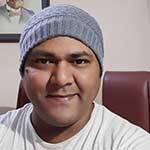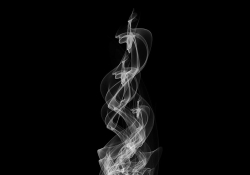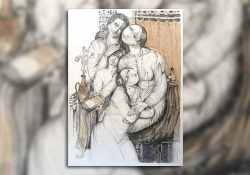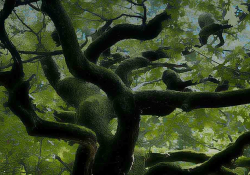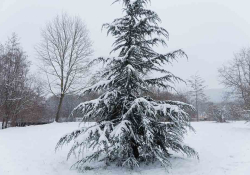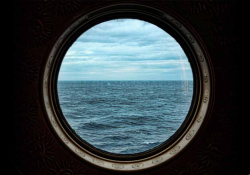We Count Humans by the Dead

The city is a bad wind,
the suburbs, nauseating heat waves,
and the streets, breath wheezed out of fevered lungs.
People swarm like microbes.
Their number
calculated
by the number of dead
in riots, earthquakes, bomb blasts.
Clothes hanging in the yard—
are they clothes?
They are flapping humans left to dry.
The lone sandal severed from its pair,
broken bicycles, fallen disfigured tiffin boxes,
newspapers quivering on the footpath:
they are all humans.
Also,
sobs slipping around in the wind for words,
words cut down to silence,
silent stars deferring their fall
hanging stubbornly in the darkened sky—
If we were to count them in a census,
there would be too many
of these abstractions
yet to be considered humans.
If thousands perish, thousands more will be born.
In everyday language,
we read this as a beacon of hope.
But, like I said,
the city is a bad wind that blows nobody good.
And I haven’t even mentioned water,
turbid and scarce
and how heads are crushed
at the municipal tap for a bucketful,
how this water vaporises into the sky
to become wind, good or bad,
how this wind still,
stubbornly, after centuries,
blows day after day.
Translation from the Hindi
